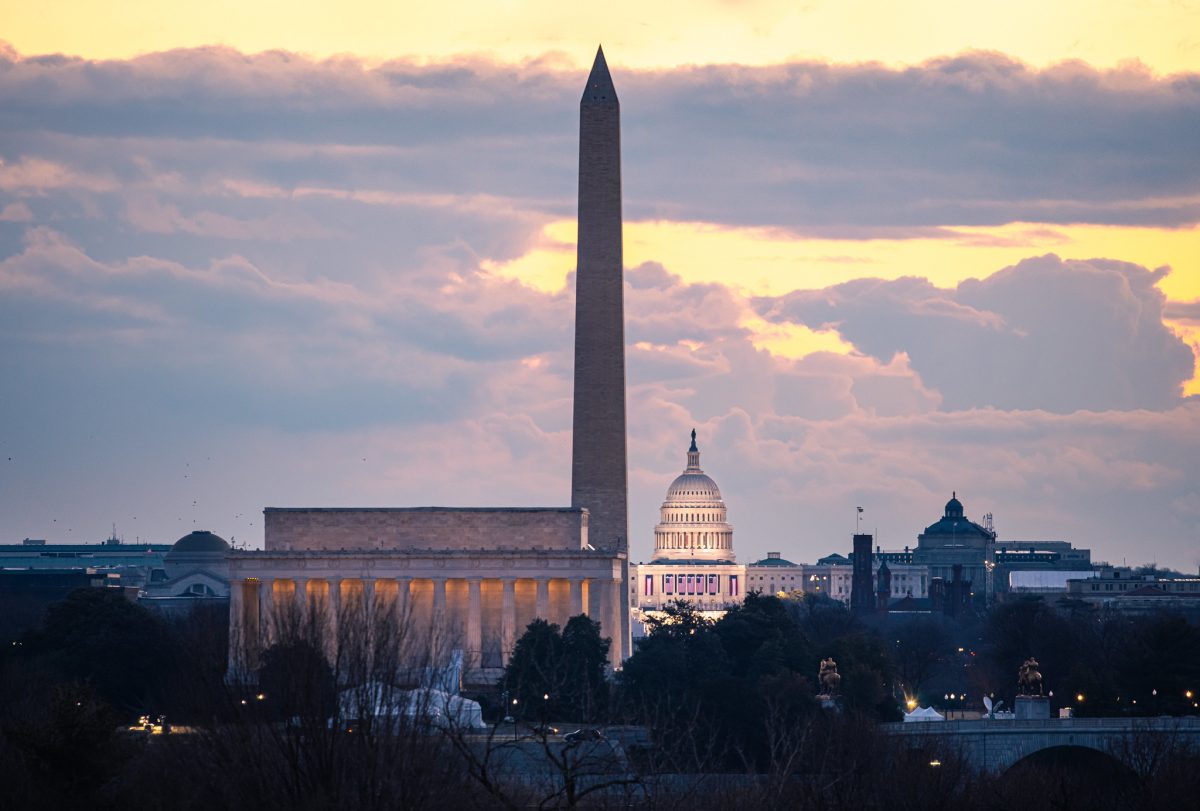On January 21, 2021, The Topps Company, Inc. tweeted, “We captured the Presidential Inauguration action #ToppsNOW style!” with a link to a “full slate” of new cards featuring various prominent celebrities and politicians who took part in the inauguration of President Joe Biden. The most popular card was and undoubtedly will be one of Bernie Sanders, arms crossed, sitting on a folding chair, which has since become one of the biggest memes of all time.
Following Topps’ announcement, I was asked whether Topps actually received permission to use the individuals’ likenesses on these cards or whether it was even necessary for the corporation to seek such consent. After all, Topps is certainly commercializing the likenesses of many, including poet Amanda Gorman and performers Garth Brooks, Jennifer Lopez, and Lady Gaga. A 9-card bundle is currently being offered for $54.99 on Topps’ official website.
Assuming that Topps did not procure the consent of all parties, should the company be concerned that it is violating their rights of publicity or, in the alternative, does Topps have the security of the First Amendment as an appropriate defense in this instance? The answer is not crystal clear.
Interestingly, the concept of an individual possessing a right to his publicity arose out of a case that concerned trading cards. In fact, the defendant in the case was Topps Chewing Gum, Inc. In 1953, the U.S. Circuit Court of Appeals for the Second Circuit ruled, in Haelan Laboratories, Inc. v. Topps Chewing Gum, Inc., that baseball players own a property right in their images, which could be transferred to third parties for their commercial use. Judge Jerome Frank’s opinion in that matter included the following:
We think that, in addition to and independent of that right of privacy (which in New York derives from statute), a man has a right in the publicity value of his photograph, i.e., the right to grant the exclusive privilege of publishing his picture, and that such a grant may validly be made ‘in gross,’ i.e., without an accompanying transfer of a business or of anything else. Whether it be labelled a ‘property’ right is immaterial; for here, as often elsewhere, the tag ‘property’ simply symbolizes the fact that courts enforce a claim which has pecuniary worth.
Judge Frank went on to say that this right “might be called a ‘right of publicity.'” He added that the basis for such a right was to provide actors and ballplayers with “an exclusive grant which barred any other advertiser from using their pictures.”
At this point, it may seem as though Topps has no defense to selling cards with the likenesses of individuals at the inauguration of President Biden without their consent (again, assuming consent was not received). However, there does exist an exception to an individual’s right of publicity, and that is found under the First Amendment. If the use is related to a public issue or politics, then there may be First Amendment protection. Yet, such use must be reconciled with any commercial use, which is clearly a component of Topps selling the cards in exchange for consideration in the form of American dollars.
Thus, if challenged, Topps would be tasked with demonstrating that the newsworthy/political attachment to the cards is paramount to the commercial element. On one hand, almost anything Bernie Sanders or Lady Gaga does is newsworthy. However, that does not mean that any company can simply commercialize their likenesses on all occasions. Their notoriety and the newsworthiness of the events that they participate in, including President Biden’s inauguration, does not give others a free pass to completely commercialize their images in all attempts to promote a product.
Is Topps primarily trying to introduce commentary on a newsworthy or public event or, in the alternative, is the primary purpose of printing the cards to generate publicity and economic benefit? I would argue the latter.

